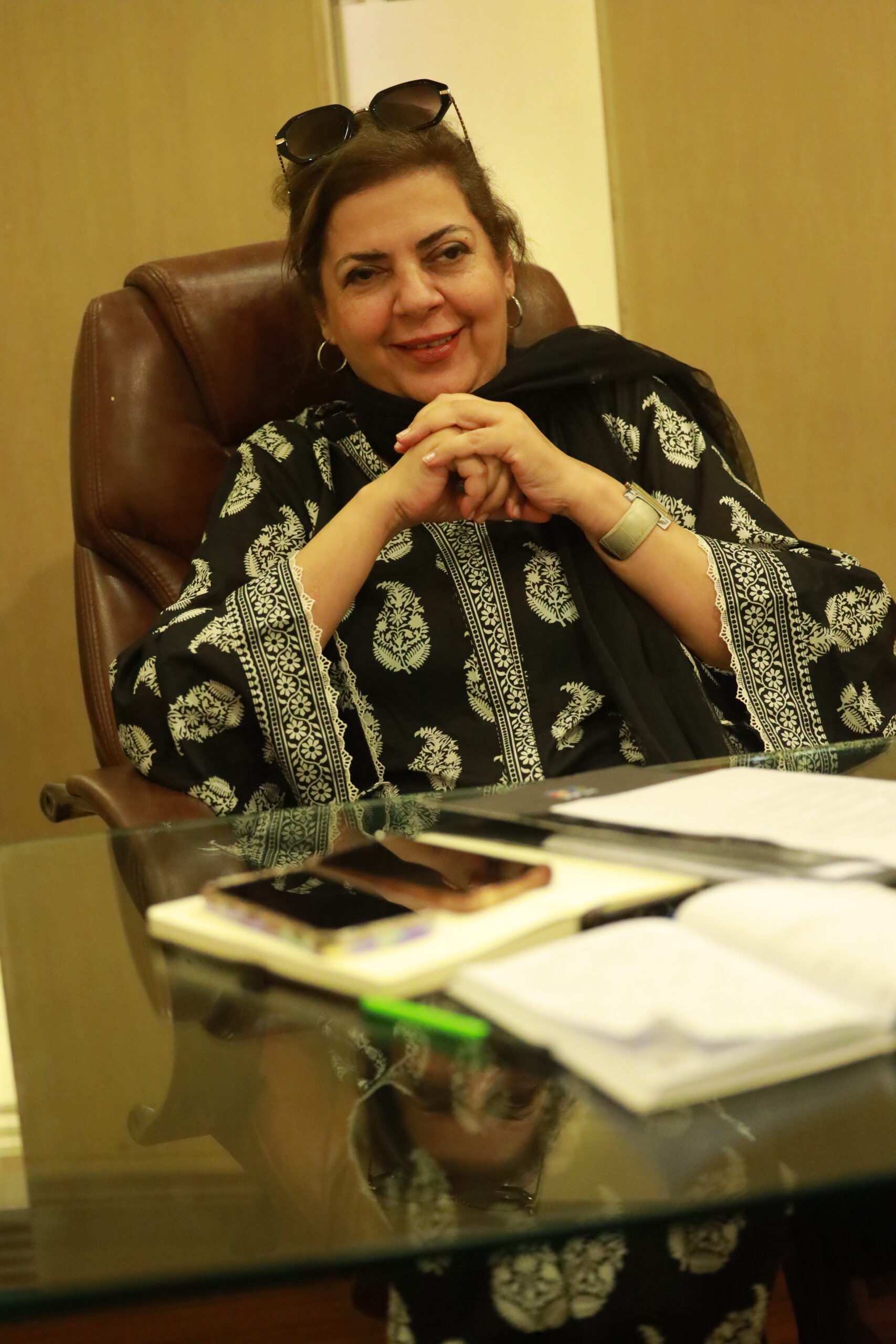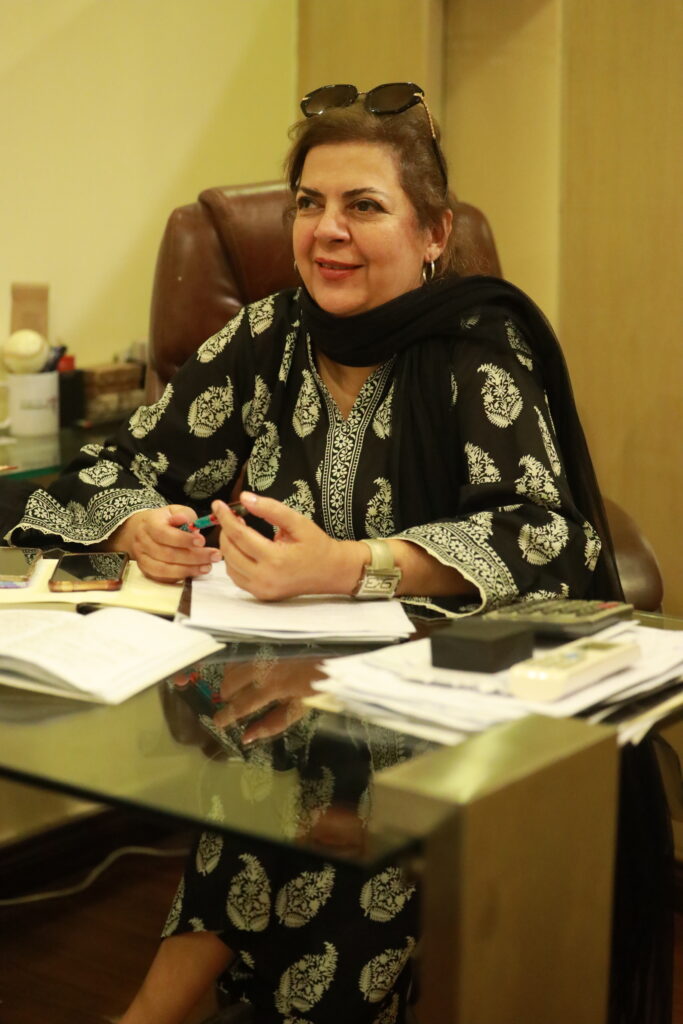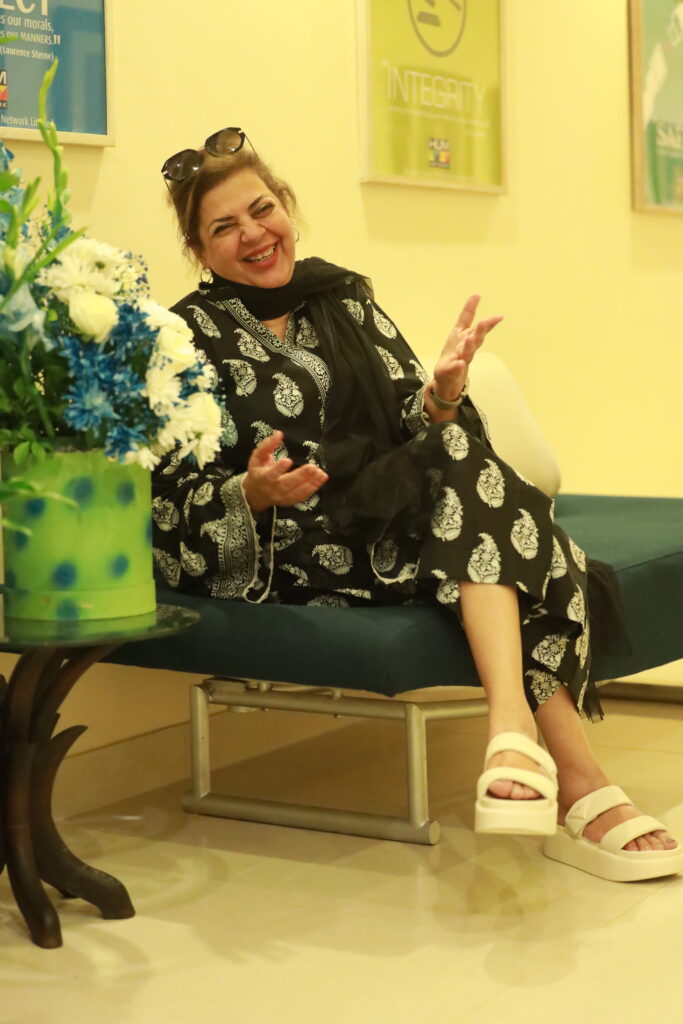Uncategorized
Opening Vistas for the Youth

An Interview with Misbah Khalid on the Evolution and Vision of PIFF
Misbah Khalid, one of the driving forces behind the Pakistan International Film Festival (PIFF), shares its background, challenges and hopes for Pakistan’s film industry. Since its launch in 2018, PIFF has grown as a vital platform for young filmmakers, aiming to elevate Pakistani cinema on the global stage. This interview highlights PIFF’s mission, achievements, hurdles and future ambitions. Recently, PIFF held it’s four day festival from 19th June.

How has PIFF evolved since its inception and what is the main focus of PIFF?
Pakistan International Film Festival (PIFF) is a project of the Karachi Film Society (KFS), which was founded in 2018. It is the brainchild of Sultana Siddiqui, and our goal from the very beginning was to create a platform for young people where they could showcase their talent and find real opportunities in the film world.
Our first festival in 2018 was a huge success. We had an incredible lineup of guests from India — directors, producers, and writers — as well as participants from the US, France and Iran. It was a truly international gathering. We screened a wide range of films and received a very positive response.
We also organized workshops and panel discussions that brought professionals and aspiring filmmakers together. For example we invited renowned Indian screenwriter Ashwini Malik for a scriptwriting workshop. We also brought in special effects makeup artists from Turkey — and invited Pakistani makeup professionals to come and learn the craft firsthand. One of our main goals is to bridge the gap between young creative industry professionals and masters of their craft. We want our local talent to receive the same level of training and exposure as professionals internationally.
What have been some of the biggest challenges you’ve faced in running a festival of this scale?
There are persistent visa issues and security concerns, making international guests hesitant to travel here. That way films are powerful — they can reshape perceptions. We need to show the world that Pakistan is a beautiful place with rich culture, despite its challenges. I remember a group from the U.S. once visited us to explore filming opportunities. When we took them around to Lahore’s food street, the historic havelis and the stunning North — they absolutely fell in love. That’s the kind of image we want PIFF to project.
How do you see PIFF contributing to the growth of Pakistan’s film industry both locally and globally?
PIFF plays a vital role in developing filmmakers. We’re not just showcasing films — we’re working at the grassroots level on scriptwriting, makeup, budgeting, and all departments that go into film production. Our goal is to provide a platform where young people can learn and eventually begin making their own films.
When we send participants for training or bring in expert trainers to work with them, it sparks creativity. This field thrives on inspiration, and when young filmmakers interact with seasoned professionals, it opens up new ways of thinking.
We’re fortunate to have names like Mehreen Jabbar, Sarmad Khoosat, Javed Jabbar and Sharmeen Obaid-Chinoy on our board — incredibly talented people who serve as mentors to the younger generation. That creates a huge scope for learning and growth.
What kind of support do you think is still missing for film festivals in Pakistan to truly flourish?
The biggest missing piece is government support — especially funding. It’s easy to dream big, but making those dreams a reality takes money. Organizing a festival, bringing people in, setting everything up — it all comes with costs.
So far, we’ve done what we could with a group of passionate, like-minded people. But without consistent financial backing from the government, there’s only so much we can do. There are many challenges, and I really believe the government needs to step up — not just with funds, but also with moral and structural support.
Film festivals like PIFF help put Pakistan on the global map. They also create crucial platforms for young talent to learn, grow, and move forward in their careers. For that to happen on a larger scale, we need sustained investment.
What’s your vision for PIFF in the next five years? Any new initiatives or directions you’re excited about?
My vision for PIFF is for it to one day celebrate 75 incredible years — that’s how long I want it to thrive and grow. When I went to the Berlin Film Festival early this year, I saw everything they had built over the years, and honestly, it opened my eyes. It made me realize what’s possible, even though we don’t have that kind of budget or support yet.
I also want to see our filmmakers and our stories showcased globally. Right now, we don’t have a strong footprint on the international circuit. A few passionate, dedicated individuals have taken it upon themselves to create films and get them into festivals, but we need more people to step up.
What advice would you give to aspiring festival organizers or filmmakers in Pakistan?
Dream. Dream big and keep your goals high. Stay positive and never give up. When you bring an idea forward, many people might say it’s impossible — that it can’t happen. But believe me, whatever you carry in your heart, you can achieve it.
Universities, colleges, and the government should come together to nurture young talent. Train them properly, send them abroad if needed, but with one condition: when you train, you must produce films that can succeed globally. I firmly believe Pakistan’s films will soon be featured in every major film festival — winning awards, telling our stories and showing the world who we really are.

